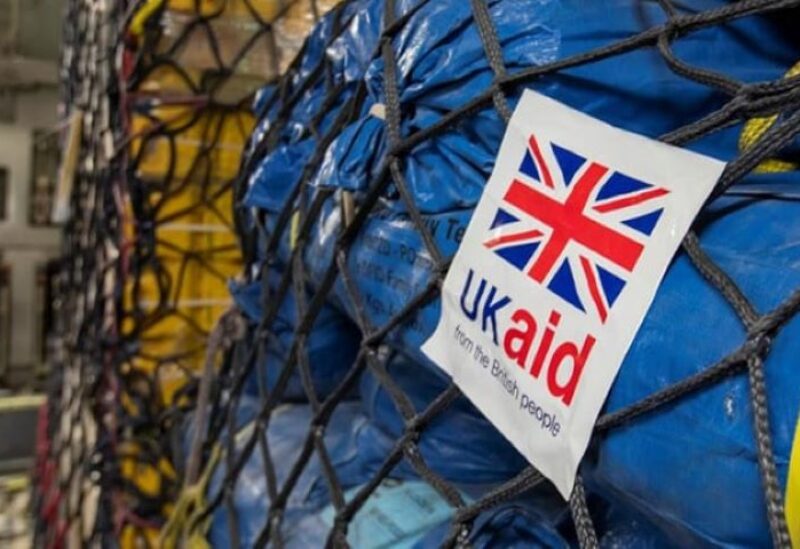
UK budget for aids
MPs in UK will vote later on the government’s cut to the country’s foreign aid budget. They will choose to either increase overseas aid spending to its previous level, or tie the amount to government borrowing and debt.
Spending on international development was cut from 0.7 percent of national income to 0.5 percent in response to increased spending in the pandemic.
The government has faced cross-party criticism over the reduction, which amounts to almost £4bn.
Many Conservative MPs have spoken out against the move, which was revealed last November despite a commitment to spending 0.7 percent in the party’s 2019 election manifesto.
Meeting the 0.7 percent figure was made law in 2015, and it is an internationally recognized target.
Leading charities such as Oxfam and ActionAid have warned that projects were being called off as a result of the cuts.
The UN’s family planning agency (UNFPA) looks set to lose some 85% of its funding from the UK, a drop of about £130m.
“These cuts will be devastating for women and girls and their families across the world,” it said in a statement.
And the UN’s children’s fund UNICEF says it will see its funding fell by 60 percent.
Ministers have previously refused demands for a vote, but Commons leader Jacob Rees-Mogg told MPs on Monday that there would be a general debate.
“It will be a yes or no answer. Does this House wish to see the public finances kept under reasonable control? Does it recognise there are limits to what we can do?” he asked MPs.
MPs will have two options. They can defeat the government and restore aid spending to 0.7% of national income by January 2022.
Or they can support it and ensure aid spending is increased only when national debt is falling and borrowing is no longer used for day-to-day spending.
Treasury sources said the new tests could be met in a few years as the economy recovers.
However, MPs and charities said more likely the aid cut would be locked in for the long term.